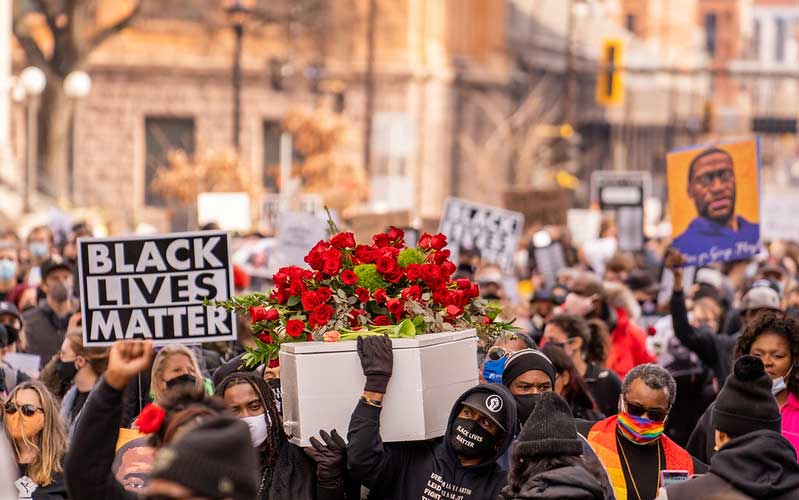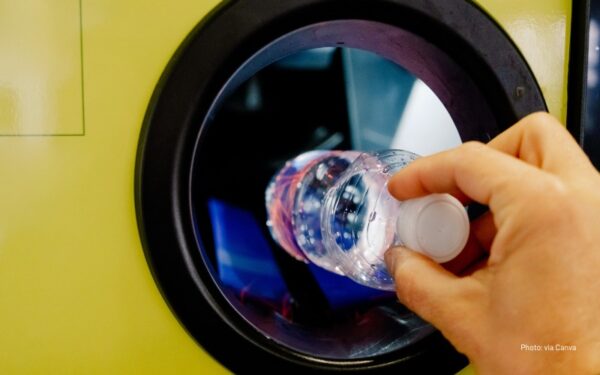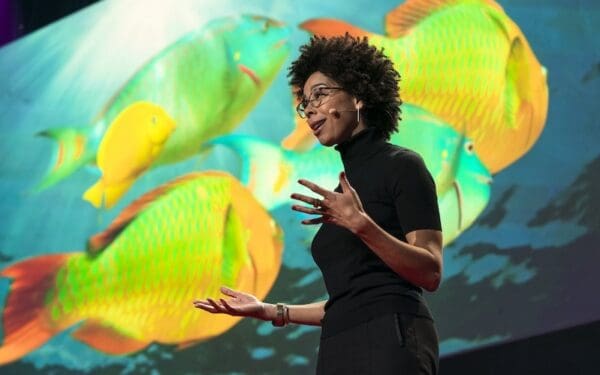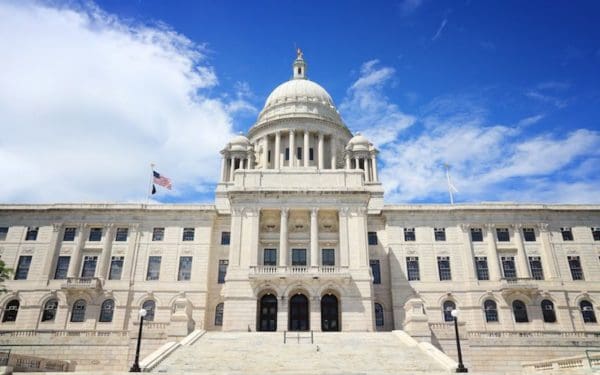
Thousands marched the day before the start of jury selection in the Derek Chauvin murder trial. While Chauvin's conviction brings accountability to him as an individual, it fails to deliver true justice to Floyd and other victims of police violence. Photo: Chad Davis CC BY-SA 2.0
On Tuesday, a Minneapolis jury found former police officer Derek Chauvin guilty of second-degree murder and manslaughter in the death of George Floyd, an unarmed Black man. Even as many across the country – including we here at CLF – applauded this rare instance of accountability in the face of chronic police violence towards people of color, many others noted, rightly, that true justice would mean that George Floyd was never killed in the first place.
The fact is that accountability for an individual is not accountability for the system that shaped him and of which he is a part. In the last three weeks alone, we witnessed two more police killings of unarmed Black and Brown people: Daunte Wright and Adam Toledo. Theirs are just the latest names in a too-long list of people of color whose lives were taken unjustly by those sworn to protect and serve us.
We also must remember that, while death by police is the ultimate injustice, non-lethal police violence remains an even greater epidemic. The horrifying video of Lt. Caron Nazario’s traffic stop in Virginia is just one example of this ongoing systemic bias in the way people and neighborhoods of color are policed in this country.
The Chauvin verdict serves as a stark reminder of the deep, damaging inequities at work in our society. These inequities stem from our country’s history of white supremacy and fall disproportionately on Black, Brown, and Indigenous communities. The environmental injustices perpetrated against these same communities are part and parcel of our racist systems: the air pollution that has made them more vulnerable to COVID-19 infection; the climate disruption that puts them, unwillingly, on the front lines of risk; and the broken regulatory systems that give more power to a corporate polluter than to those forced to suffer the fallout from another industrial blight in their neighborhood.
Environmental justice, climate justice, racial justice – each is inextricable from the other.
However, we already know that this one court victory is not enough. Tuesday’s verdict was one welcome step toward change. But at CLF, we believe that real progress lies in systemic policy changes that will break down the racist systems that have been in place for generations – ending white supremacy in this country.
The Chauvin outcome shows us the power of people – individually and collectively – to create such change. The verdict might never have happened if a teenage girl had not bravely documented the death of George Floyd on her phone; if others had not amplified that video on social media; if millions of Americans had not marched and protested despite the dangers of the pandemic; and if nonprofits, corporations, political leaders, and other influencers had not spoken out against this and other police murders to the media, to their constituents, and to their customers.
We still have much work ahead of us to dismantle the broken systems that led to George Floyd’s death. Our role – together – is to ensure that the fights we take on are fought not only for communities but with communities. That the solutions to challenges we face do not perpetuate existing inequalities. And that we never consider our mission complete until we have achieved a healthy and thriving New England – for all.



